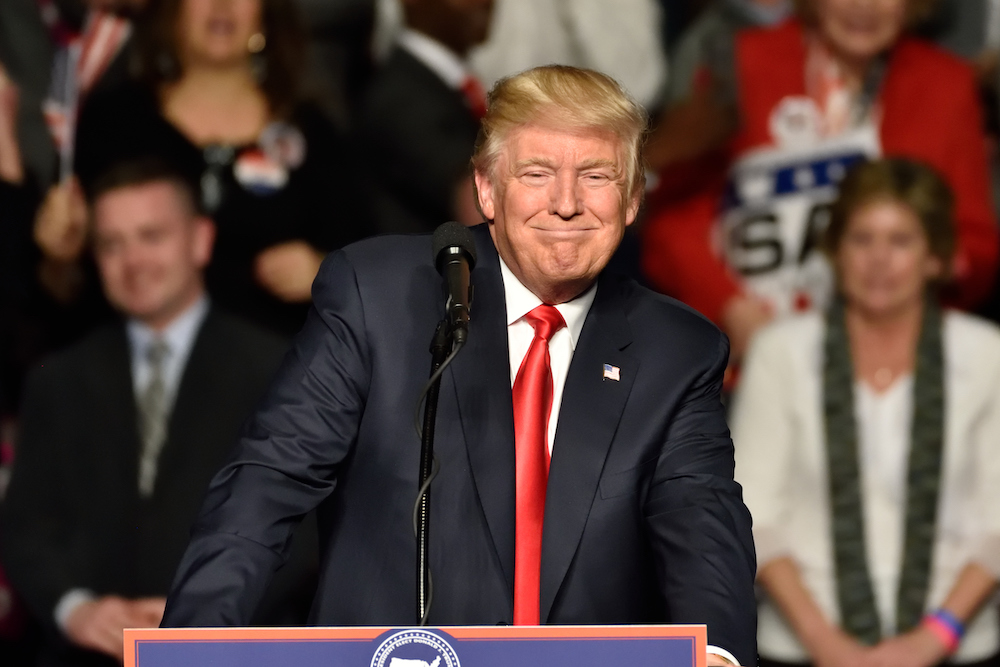

Last week started with an erratic tone, initially with favourable comments from both sides of the US-China trade negotiations, which saw riskier assets push higher, with the major US stock indices hitting record highs once again.
However, as the week progressed, the rhetoric from both China and the US shifted to slightly more negative with the Chinese insisting that tariffs will need to be rolled back with the agreement of a “Phase One“ trade deal, whilst President Trump pushed back on the other side, threatening yet higher tariffs if a deal was not done.
This set stocks lower, with the major global equity averages in many cases hitting three-week lows. The negative theme was intensified by market participants concerns that the trade negotiations could potentially be derailed by the Bill that passed through the US Senate last week, supporting the pro-democracy demonstrations in Hong Kong. China sees this as the US meddling in their domestic affairs.
Although the week ended with equity indices staging a minor rebound, until further clarity is reached on the prospects for the trade deal being done into early December, risky assets will remain vulnerable whilst safe havens (like Bonds), will likely retain a firmer footing.
The impeachment inquiry into President Donald Trump has moved into the public domain over the past week and has seen testimony further damaging to the President. However, this has yet to have any significant impact on financial markets, with Republicans still very much supportive of the President, and with the Republicans critically holding sway in the Senate.
The Federal Reserve Minutes from their October meeting were released on Wednesday last week, though the market impact was negligible.
Turning to the UK, the past week saw UK general electioneering continue with a televised debate between the Conservative and Labour party leaders, plus a TV forum where the public asked the four major party leaders questions (Conservative, Labour, Liberal Democrats and Scottish National Party). This did not have a significant impact on markets, through the unveiling of a far more socialist manifesto from the Labour Party than expected did see the Pound under modest downside pressure. In the opinion polls it would appear that the Conservative party continue to stretch their lead over Labour, with some polls giving them a lead of up to 17 points.
What to Watch
A somewhat shortened trading week coming up with the US Thanksgiving holiday on Thursday 28th November, and shortened trading hours in the US also on Friday.
The geopolitical focus will remain on the US-China trade negotiations, the impeachment hearings in the US and in the UK the ongoing general electioneering and opinion polls.
On the Central bank side, we get Fed Chairman Powell speaking on Monday and Reserve Bank of Australia (RBA) Governor Lowe speaks Tuesday.
On the macroeconomic data front, the spotlight will be on the German IFO on Monday, US Consumer Confidence on Tuesday. Wednesday sees the realise of US GDP, Durable Goods and Personal Consumption Expenditure (PCE), German and Japanese CPI area released on Thursday and on Friday we get German Unemployment, EU Unemployment and CPI, then Canadian GDP.
| Economic data | |
| 25th November | German IFO; Fed Chairman Powell speaks |
| 26th November | RBA Governor Lowe speaks; US Consumer Confidence |
| 27th November | US GDP, Durable Goods and PCE |
| 28th November | US Thanksgiving Holiday; German and Japanese CPI |
| 29th November | German Unemployment, EU Unemployment and CPI; Canadian GDP |
Forextraders' Broker of the Month
BlackBull Markets is a reliable and well-respected trading platform that provides its customers with high-quality access to a wide range of asset groups. The broker is headquartered in New Zealand which explains why it has flown under the radar for a few years but it is a great broker that is now building a global following. The BlackBull Markets site is intuitive and easy to use, making it an ideal choice for beginners.
